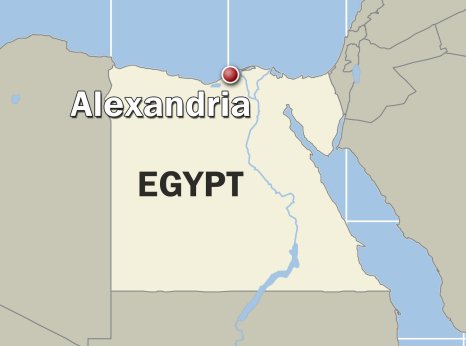Egypt: Sudanese In Egypt Risk Detention And Deportation

As of 14 March 2024, per data obtained by UNHCR from the Egyptian government, approximately 500,000 Sudanese nationals had crossed into Egypt since the conflict’s onset in April 2023, about half of them remain undocumented. In May 2023, UNHCR called on States to suspend the forcible return of nationals and stateless persons who were habitual residents of Sudan and allow civilians fleeing Sudan access to their territories, including those without passports or other forms of identity documents. However, in the same month, the Egyptian authorities started imposing additional restrictions on the entry of Sudanese nationals fleeing conflict including requiring all Sudanese nationals to obtain an entry visa. In addition, the authorities reversed earlier practices of allowing entry of Sudanese nationals with expired passports or temporary travel documents and introduced additional requirements of security clearance for boys and men aged between 16-50 entering Egypt through Cairo International Airport. These measures left people seeking to flee the ongoing conflict with no options other than crossing the Egyptian-Sudanese borders irregularly.
The exact number of Sudanese nationals arrested in Egypt and deported since the outbreak of the conflict in Sudan is not known as Egyptian authorities fail to provide statistics and have not publicly acknowledged the policy of removals. Between April and September 2023, UNHCR recorded over 5,000 deportations from Egypt to Sudan due to expired legal documentation and/or lack of residency status. In November 2023, roughly 1,600 Sudanese people were reportedly deported from Egypt, including registered refugees. Amnesty International has documented in detail the ordeals of 27 Sudanese refugees who were arrested with about 260 others between October 2023 and March 2024. Subsequently, 26 of the 27 were collectively expelled along with an estimated 800 other Sudanese refugees between January and March 2024.
Amnesty International’s Evidence Lab reviewed photos and videos of makeshift detention facilities of the Border Guard Forces taken by former detainees and used satellite imagery to verify the details of two sites used; one is in Abu Simbel and the other near Wadi Al Karur village, both in Aswan governorate. Former detainees described to Amnesty International cruel and inhuman conditions violating the absolute prohibition of torture and other ill-treatment. Alarmingly, some of those receiving treatment at public hospitals were arrested and transferred to detention facilities before their treatment was complete and against medical advice and forced to sleep on the ground post-surgical procedures. Children were detained with their mothers at these military sites. Under international law, everybody, regardless of their immigration status, has the right not to be arbitrarily detained or detained solely on migration-related grounds without the opportunity to challenge the lawfulness of their detention; while children should never be detained on the basis of their migration status, as it is never in their best interest.
In March 2024, the European Union and Egypt agreed to elevate their relationship to a strategic and comprehensive partnership, with the EU committing to provide Egypt with a financial and investment support package totaling 7.4 billion Euros for the period of 2024-2027. This included €5 billion in loans as macro-financial assistance, €1.8 billion to support private investments, and €600 million in grants, including €200 million for migration management. According to the joint declaration, the EU will provide financial support for “migration related programs” including "combating smuggling of migrants and trafficking in persons, strengthening border management, and ensuring dignified and sustainable return and reintegration” as well as continuing to support Egypt’s efforts in hosting refugees. The declaration also emphasised that “both sides are committed to the protection of migrants and refugees’ rights” without providing further details on any human rights safeguards or concrete benchmarks.
Egypt has signed the 1951 Convention on the Status of Refugees, the 1969 OAU Convention Governing the Specific Aspects of Refugee Problems in Africa and is bound by the non-refoulement principle. This principle prohibits States to transfer anyone, in any manner whatsoever, to a place where they would be at risk of persecution or other serious human rights violations. Forced returns without due process breach the principle of non-refoulement.